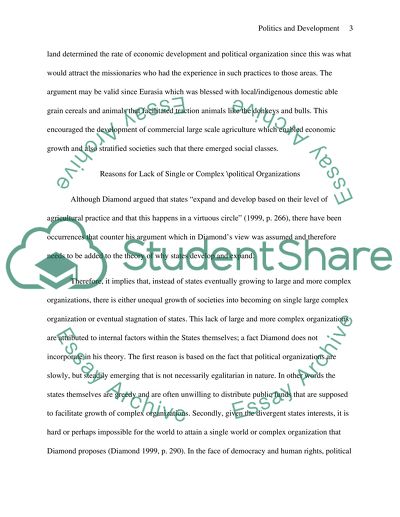Cite this document
(“Past and Present Politics and Development Research Paper”, n.d.)
Past and Present Politics and Development Research Paper. Retrieved from https://studentshare.org/history/1438703-see-faxed-documents
Past and Present Politics and Development Research Paper. Retrieved from https://studentshare.org/history/1438703-see-faxed-documents
(Past and Present Politics and Development Research Paper)
Past and Present Politics and Development Research Paper. https://studentshare.org/history/1438703-see-faxed-documents.
Past and Present Politics and Development Research Paper. https://studentshare.org/history/1438703-see-faxed-documents.
“Past and Present Politics and Development Research Paper”, n.d. https://studentshare.org/history/1438703-see-faxed-documents.


